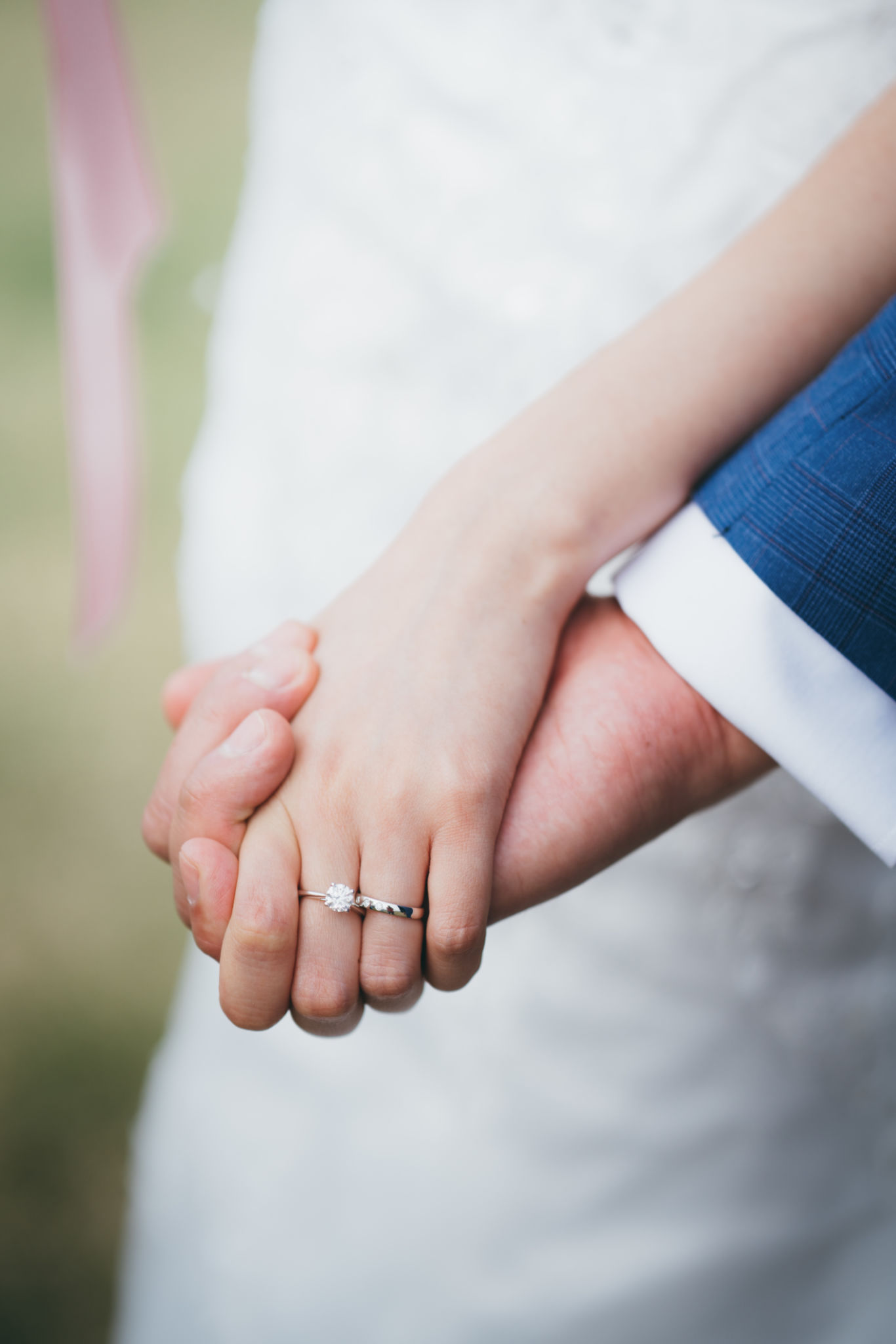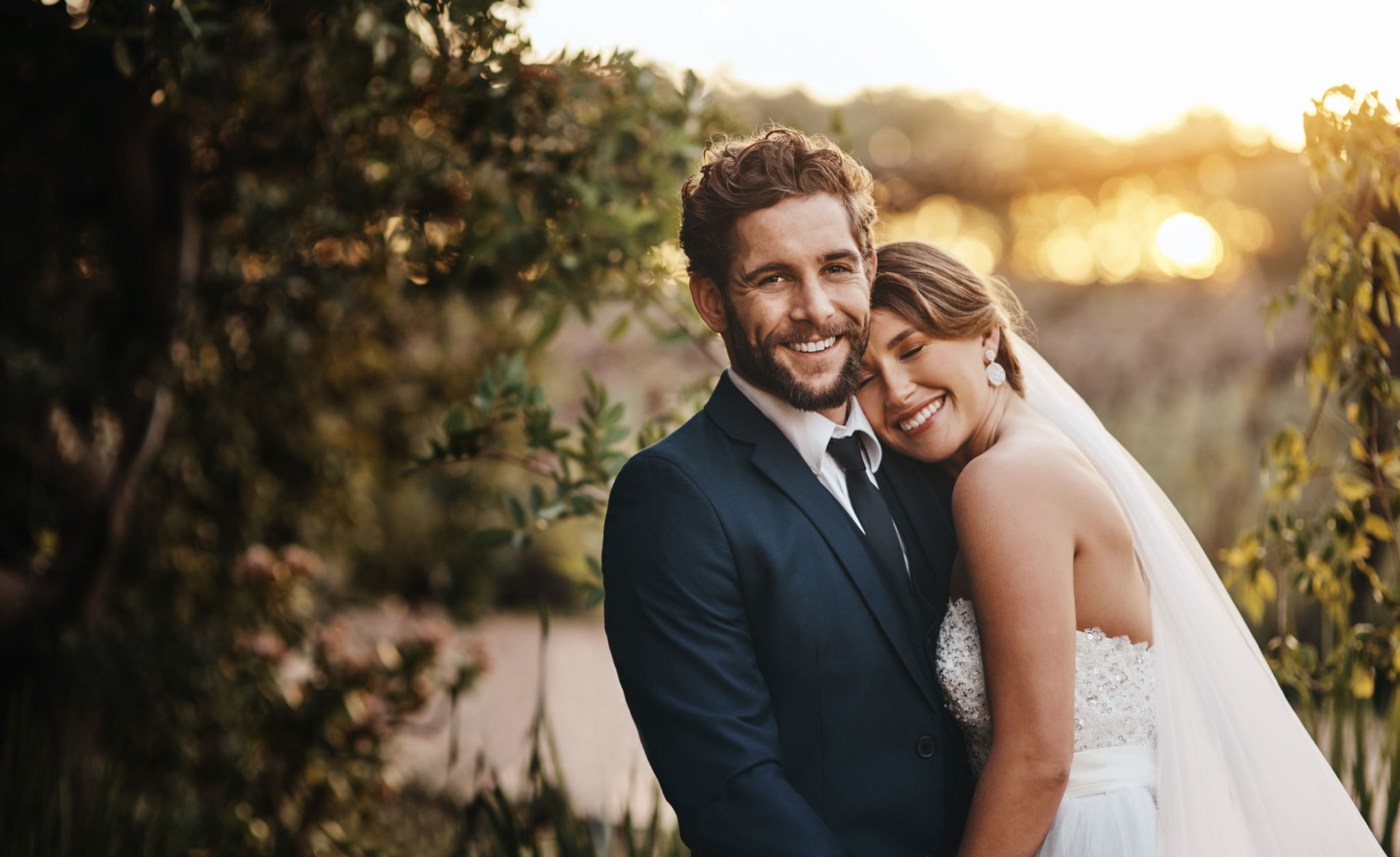Myths About Wedding Officiants Debunked: What You Really Need to Know
Understanding the Role of Wedding Officiants
When planning a wedding, one of the most crucial elements is the officiant. However, there are numerous myths surrounding this pivotal role, leading to some confusion among couples. Let's dive into what a wedding officiant truly does and debunk some common misconceptions.

Myth 1: Anyone Can Be an Officiant
While it may seem simple, not just anyone can legally officiate a wedding. In most places, officiants must be ordained or authorized by a recognized religious or secular organization. The requirements can vary significantly depending on the location, so it's important to verify local laws and regulations.
For those considering a friend or family member for the role, online ordination through reputable organizations is a viable option. This process allows individuals to become official officiants, equipped with the necessary credentials to make your wedding day legal.
Myth 2: Officiants Have to Be Religious Leaders
Another common misconception is that only priests, ministers, or rabbis can officiate weddings. In reality, many weddings today are conducted by non-religious officiants. These can include secular officiants, judges, or even ship captains! Choosing an officiant that aligns with your personal beliefs and values is key to a meaningful ceremony.

Myth 3: Officiants Merely Read a Script
Some believe that officiants simply read from a script without adding any personal touch. In actuality, many officiants work closely with couples to craft a ceremony that reflects their unique love story. This collaboration can result in a truly personalized and memorable experience for everyone involved.
Officiants often play an essential role in guiding the ceremony's flow, ensuring everything runs smoothly. They are instrumental in setting the tone and can adapt their approach to match the couple's desired atmosphere, whether it's formal, casual, or somewhere in between.
Myth 4: Hiring an Officiant Is Unnecessary for Small Weddings
Even for intimate celebrations, having an officiant is crucial for the legal aspect of marriage. They ensure that the marriage license is signed and submitted correctly, making your union official in the eyes of the law. Skipping this step could lead to complications down the road regarding the legality of your marriage.

Myth 5: The Officiant's Role Ends at the Ceremony
Many assume that an officiant's job is done once the ceremony concludes. However, their responsibilities often extend beyond this point. They typically handle the submission of the marriage license and may offer post-ceremony support or guidance if needed.
In addition, some officiants provide pre-marital counseling or planning advice to help ensure your wedding day goes off without a hitch. Their involvement can be as minimal or extensive as you desire, depending on your needs and preferences.
Choosing the Right Officiant for Your Wedding
Ultimately, selecting the right officiant involves considering their experience, style, and how well they resonate with your vision for your wedding day. By dispelling these myths and understanding the true role of an officiant, you can make an informed decision that enhances your special day.
Remember, your officiant is not just a figurehead but a vital part of your wedding ceremony. Choose someone who brings warmth, professionalism, and authenticity to your celebration.